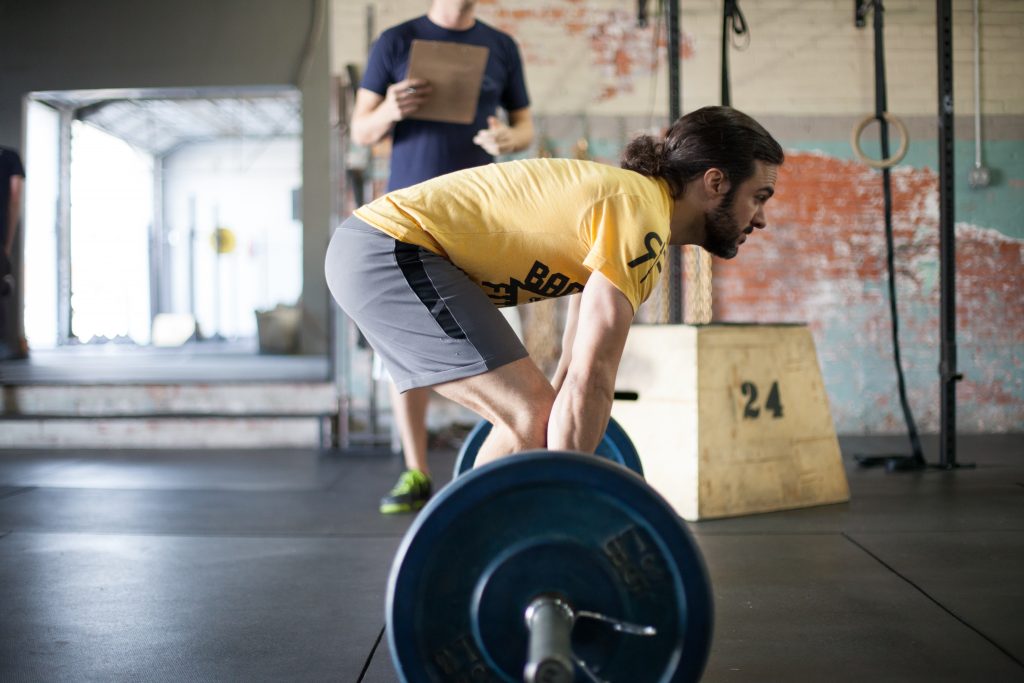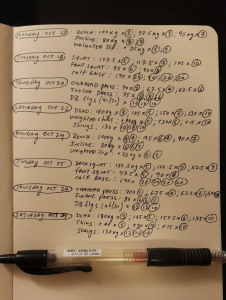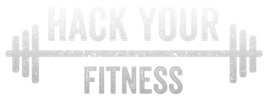
“The most valuable commodity I know of is information.” – Gordon Gekko, Wall Street (1987)
Gordon wasn’t talking specifically about fitness when he uttered this famous line, but his words hold the key to success in the gym. Forget about tips, tricks, and gimmicks.
The only way to make consistent progress when you work out is to track your lifts.
So many people are shocked to hear that writing down your reps is the single most important part of working out. They want shortcuts, but data is the only reliable path to your fitness goals.
Why You Must Track Your Lifts (If You Don’t Already)
Can you expect a pilot to successfully land a plane without his gauges?
Fitness is the same way—without writing down your reps, you’re flying blind.
You have no idea whether you’re making progress without data.
Don’t believe the lie that you’ll remember your reps from last week. Our memories are unreliable with specific details. Do you remember what you had for breakfast last Tuesday?
I spent years spinning my fitness wheels because I didn’t write down my reps. For all the excuses I made during those years, it all came down to laziness.
Now, I track my reps diligently. I know that the information I have about my progression is crucial to continuing that progress. Here’s an example of what my workout log looks like:

Committing to fitness is a big deal. Don’t sabotage yourself by not tracking.
Simply writing down your reps has some serious benefits.
Benefit 1: Tracking Saves You a Ton of Time
You can plan your workout before coming to the gym when you write down your reps.
Having a plan of attack saves tons of time and allows you to maintain laser-like focus.
The vast majority of people I see in gyms are wasting time in one way or another. Some wander around aimlessly trying different machines, some prefer bouncing around on the BOSU ball.
Even those who are serious about lifting don’t do so efficiently. Without data, they go by feel:
“Let me put on some weight. Does that feel right? Let’s see how many reps I can do. That felt good, I’ll do another set. I want to make sure I feel sore tomorrow.”
You can’t make progress or effectively use your time at the gym if you don’t track your lifts.
When you plan your workout, you enter the gym armed with all the intel you need: the number of lifts, how many reps for each lift, and how much time to take between sets.
You’ve condensed your workout to include zero wasted time. It’s a surgical strike.
Benefit 2: Tracking Gives You the Motivation You Need
By knowing the number of reps you need for each lift, your mind can prepare your body to push for that last rep even if it’s nearing the point of failure.
When you’re under a heavy load, psychology plays a huge role in whether you finish that set.
The people who psych themselves up before they go under the bar know that their body will find a way to finish the set if their mind presents a target they must hit.
If your approach is just to pump out as many reps as possible before you get tired, your body will give up way before your mind does. I learned that lesson the hard way.
Now I have a number already in mind each and every time I go under the bar and I’m consistently able to increase my reps or lift more weight than I did the previous week.
The motivation you get from tracking your lifts produces powerful results.
Benefit 3: Tracking Creates a Sense of Accomplishment
When it comes to fitness, few things feel better than successfully completing a set.
To sit down after you finish the last rep, heart beating out of your chest, and track that lift in your phone or journal is a huge rush.
From the outside looking in, the result of one set might seem insignificant.
But when you bust your ass on a lift, that small reward is incredibly satisfying.
The only feeling better than seeing your week-to-week progress is zooming out and seeing your growth from the beginning of your fitness journey.
Pride, joy, affirmation, renewed determination—the feeling is overwhelming.
Track your lifts and you can experience that feeling for yourself.
